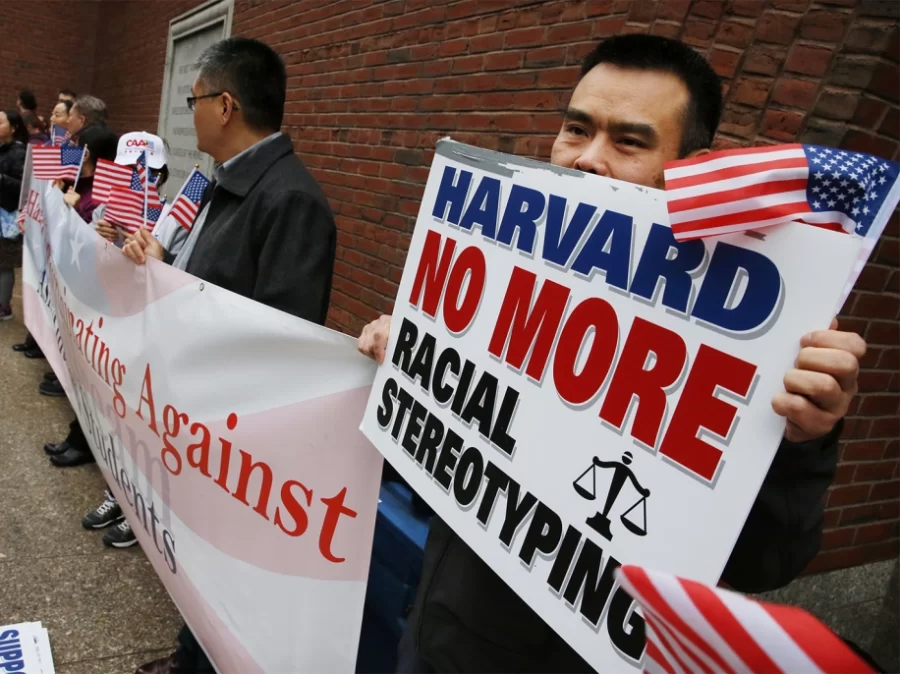The End of Affirmative Action?
March 13, 2023
Affirmative action has been a source of controversy, ever since it was introduced in the 60s. Some argue that it provides equity to students that come from a minority background and evens the playing field. Others believe that affirmative action gives an unfair advantage to certain students and fills up spots that could harm white students that are more academically qualified. Nonetheless, affirmative action is here to stay, or so we thought.
On October 31, 2022, the Students for Fair Admissions Inc. took Harvard, one of the most prestigious universities in the country, to the Supreme Court, claiming their admissions process was unconstitutional. The SFFA argues that Harvard’s acceptance process discriminates against Asian-American students and too heavily favors white applicants. This case has been getting national attention due to the fact that if the court rules in favor of the SFFA, affirmative action could be gone for good.
The SFFA is a non-profit organization made up of over 20,000 students that believe race should be eliminated from the college admissions process. They seek out other students who think the color of their skin is the reason they have been rejected from certain colleges. Then, they take said universities to court with their overall goal to end affirmative action in America. They have also filed against the University of North Carolina and the University of Texas.
However, the case we are discussing is their most recent one against Harvard University. The SFFA claims that the college violated the Civil Rights Act by using “racial balancing” in order to have a certain level of diversity on its campus. The SFFA found that Asian Americans’ applications are rated far lower than their white counterparts, despite outperforming them academically. This information is being used by the SFFA to prove that Harvard uses a quota system to ensure that their student body fits the school’s idea of diversity. The organization proposes the school use a racially blind system for their admissions instead of their current system which allows applicants to choose whether to disclose their race or not. However, the school of Harvard argues that this could deter its ongoing acceptance process, as their admissions officers look at applicants as individuals and believe in a holistic approach to selecting their students. The university claims that its faculty and the way its courses are designed are geared toward a diverse group of young adults that their acceptance process helps them achieve. In their remarks, they noted that appealing to the SFFA would prevent the school from stopping the isolation of students from minority groups on their campus. Harvard even goes as far as saying that ending affirmative action goes against democracy since diversity is an important factor in America’s beliefs.
The Supreme Court’s decision is currently pending, with the final verdict probably to be announced around mid-2023. However, it is predicted that the court will rule in favor of the SFFA and take the first steps to end affirmative action altogether. What will that mean for the college admissions process for the high school classes of 2024 and 2025? I guess we’ll just have to wait and see.
Sources:


